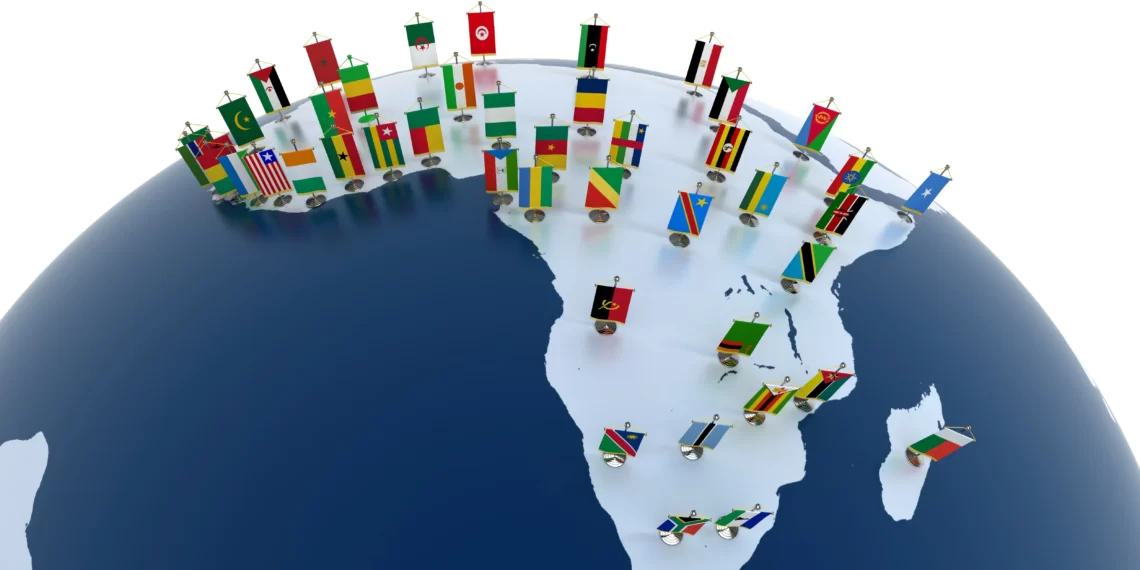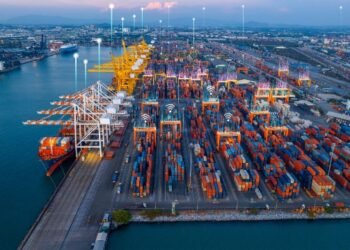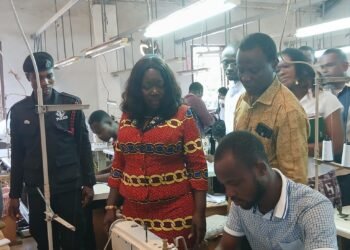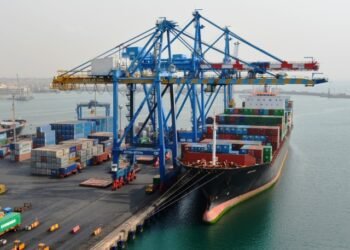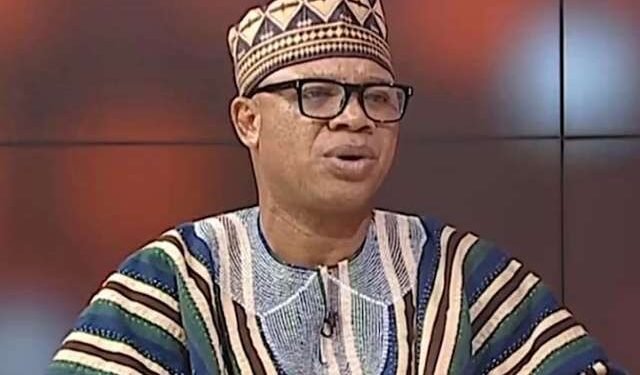African governments have been urged to provide the continent’s youth with employment options through industrialization and commercial agriculture.
Dr. Mabel Komunda, Senior Lecturer and Researcher at Makerere University Business School in Uganda, asserted that Ghana and Africa as a whole can combat the scourge of unemployment and accomplish economic transformation – by providing young people with employable skills and chances.
Dr. Mabel Komunda lamented that the continent’s youth have been pushed to the edge of desperation and despair – by failures of successive governments and leaders to provide them with quality education and meaningful employment opportunities, that put them at par with their peers from other continents.
“This lack of opportunities and a brighter future home is evidenced by the increasing number of young people undertaking the perilous journey via turbulent seas to seek greener pastures elsewhere, notably in Europe and North America.”
Dr. Mabel Komunda
These views were presented by Dr. Komunda during a presentation titled “Africa’s economic transformation is key to sustainable development: How can it be done?” as part of the “The Africa we want series.”
In 2016 for instance, 5,085 migrants and refugees – mostly from Africa – lost their lives in the Mediterranean trying to reach Europe and North America, reports the International Organisation for Migration, a United Nations agency.
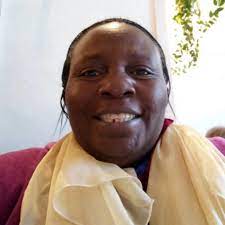
Dr. Komunda expressed the belief that if there were sufficient possibilities in their native nations, no African youth would risk their lives by embarking on such perilous sea voyages in pursuit of greener pastures.
Despite the youth (people aged between 20 and 40) – making up about 60 percent of the continent’s total population, she bemoaned that their innovative and creative potentials are largely untapped.
“There is a lot of untapped human capital in Africa, and the continent is losing lots of such human capital to migration. Most of our lawyers, teachers, doctors and so on are running out of Africa to look for greener pastures elsewhere.”
Dr. Mabel Komunda
She cited incessant wars and conflicts in Africa as one of the major challenges to its sustainable development, elaborating that: “These wars lead to lack of peace due to instability. And when the continent is not stable, there is neither production nor savings and investment; and these not only affect standards of living, but also pose a very big challenge to sustainable development”.
She lamented how quickly Africa’s abundant natural resources are being wasted due to environmental pollution, deforestation, burning of trees, and other practices, failing to take into account the effects of climate change on future generations.
Opportunities For Economic Change, Private Sector’s Role In Transforming The Economy
More so, according to Dr. Mabel Komunda, with a population of over 1 billion people, estimated to be the largest workforce globally by 2040, opportunities available for Africa’s economic transformation towards sustainable development are manifold, saying, “that is an opportunity for labor and for a big market”.
“There are also opportunities for fostering into Africa, intra-Africa integration where we shall remove trade barriers and that is a big chance for Africa’s economic transformation”.
Dr. Mabel Komunda
Nearly 90% of jobs in Africa, she said, are in the private sector,and for that matter, it is imperative that the private sector explore those gaps and fill them to ensure the continent’s economic transformation.

Dr. Komunda further noted the private sector stepping in to fill the youth unemployment gaps by training them in skilled labour and sponsoring their education and so on. To her, this will not only result in changing their livelihoods, but also create peace in communities where they live.
“The private sector should engage in commercialisation of agriculture – adding value to agricultural products, and engage in industrialisation to increase productivity.”
Dr. Mabel Komunda
She highlighted the need for African governments to cooperate in maintaining peace and avoiding wars and conflicts – in order to move toward a peaceful trajectory, emphasizing that the presence of peace is a precondition for investment.
Finallly, she advised using incentives to entice investors to put money into Africa, saying: “This can be done by providing tax holidays, free lands and a peaceful environment. The governments need to have infrastructure in place for easy investment in terms of good roads, water, electricity, solar energy and other structures”.

